Today's Path to Radiant Skin: Are Radiant Skin Supplements or Diet the Answer
Skin-enhancing supplements, commonly known as 'beauty supplements,' are being championed as the gateway to instant radiance and skin health. They're making waves in the beauty world with anti-aging claims, hydrating effects, smoothing, brightening, and nourishing your cells from the inside out slogans. However, are all these claims living up to their hype, especially when it comes to the effectiveness of radiant skin supplements?
What is a Beauty Supplement?
A beauty supplement is taken orally with the intention of enhancing one's beauty, particularly the health and appearance of skin, hair, and nails. These supplements often contain a blend of radiant skin vitamins, minerals, amino acids, and other natural ingredients believed to provide the necessary nutrients for improved cellular function and protection against age-related damage.
Common ingredients found in beauty supplements include:
- Collagen: An essential protein that provides structure to skin, hair, and nails. As we age, collagen production decreases, potentially leading to wrinkles, dry skin, and weakened nails. Some believe taking collagen supplements can help counteract these effects.
- Biotin: A vitamin often linked with hair and nail growth. It's a common ingredient in supplements aiming to improve hair thickness and strength.
- Vitamin C: An antioxidant that plays a role in collagen production and helps in protecting the skin from free radicals and potential UV damage.
- Vitamin E: Known for its antioxidant properties, it helps neutralize free radicals that can damage skin cells.
- Hyaluronic Acid: Naturally present in the skin, it helps retain moisture. Some supplements contain this to promote skin hydration.
- Omega-3 Fatty Acids: These can help maintain skin barrier function, reduce skin inflammation, and impart a healthy skin glow.
- Zinc: Essential for skin development and inflammation control, and plays a role in the production of new cells and the functioning of enzymes that repair skin.
- Silica: Often sourced from bamboo or horsetail, it's believed to boost the strength and elasticity of hair, skin, and nails.
- Astaxanthin: A potent antioxidant that can help protect the skin from harmful UV radiation.
- Antioxidants (various): Many beauty supplements contain a mix of antioxidants to combat oxidative stress, which can lead to premature aging.
- Ceramides: These lipids help form the skin's barrier and help the skin retain moisture.
Beauty supplements can vary widely in terms of ingredients, dosages, and claimed benefits. It's essential to approach them with an informed perspective. While some individuals may experience positive results, others might not notice any significant change. As with any supplement, it's crucial to consult with a healthcare professional before starting a regimen, especially to ensure there are no potential interactions or side effects to consider.
Why Consider Beauty Supplements?
Whether or not you need or want supplements for radiant skin depends on several factors, including your diet, lifestyle, health status, and individual needs.
If you maintain a balanced diet that provides you with all the necessary vitamins, minerals, and other nutrients, in theory, you should not need additional beauty supplements. A healthy, balanced diet includes a variety of fruits, vegetables, whole grains, lean proteins, and healthy fats. These foods provide nutrients that are essential for healthy skin, hair, and nails. For example, antioxidants found in fruits and vegetables can help to protect your skin from damage, while protein is necessary for the growth and repair of all body tissues, including skin, hair, and nails. However, incorporating vitamins for radiant skin into your routine can further enhance your skin's glow.
However, it can sometimes be challenging to meet all of our nutritional needs through diet alone, due to factors like dietary restrictions, food allergies, soil depletion, or certain health conditions. In these cases, supplements might be beneficial.
Also, certain beauty supplements contain ingredients that are not typically present in a standard diet but have been shown to promote skin, hair, or nail health. Examples include collagen peptides, ceramides, or hyaluronic acid.
Remember, though, that supplements are not a replacement for a healthy lifestyle and diet. They should be used as an addition, not as the main source of nutrients.
Moreover, your skin's health is influenced by many factors beyond nutrition, including hydration, sleep, stress management, and sun protection. Therefore, a holistic approach to beauty and health often yields the best results.
What Foods Provide the Most Benefits for Skin?
Many foods have been shown to provide benefits for the skin due to their nutritional content. Incorporating these foods into your diet can help promote radiant, healthier skin. Here are some of the most beneficial foods for the skin:
- Fatty Fish: Salmon, mackerel, and sardines are rich in omega-3 fatty acids, which are essential for maintaining skin health. They can help keep skin moisturized, reduce inflammation, and may even help protect the skin from UV radiation.
- Avocado: Avocados are high in beneficial fats and contain vitamins E and C, which are essential for healthy skin. They also contain compounds that might offer skin protection from solar radiation.
- Walnuts: They are a good source of essential fatty acids, which are fats that your body can't produce itself. They are richer than most other nuts in both omega-3 and omega-6 fatty acids.
- Sweet Potatoes: They are an excellent source of beta-carotene, which acts as a natural sunblock and may protect your skin from sun damage.
- Broccoli: It is full of vitamins and minerals important for skin health, including zinc, vitamin A, and vitamin C. It also contains sulforaphane, which might offer some protection against skin cancer.
- Tomatoes: They contain major carotenoids, such as lycopene, which have been shown to protect the skin against damage from the sun and may help prevent wrinkling.
- Dark Chocolate: Cocoa hydrates your skin, making it firmer and more supple. Dark chocolate contains antioxidants called flavonoids, which can improve skin texture and offer sun protection.
- Green Tea: The catechins found in green tea can protect the skin from sun damage and reduce redness. It may also improve skin elasticity.
- Red and Yellow Bell Peppers: Like sweet potatoes, these are excellent sources of beta-carotene. They're also one of the best sources of vitamin C, which is necessary for creating collagen, a protein that keeps skin firm and strong.
- Spinach and Other Leafy Greens: They are rich in iron, folate, chlorophyll, magnesium, fiber, and vitamins C, E, and A - all essential for skin health.
- Berries: Blueberries, strawberries, raspberries, and other berries are packed with antioxidants, which help neutralize free radicals that can damage the collagen in your skin.
- Bone Broth: Rich in collagen, drinking bone broth can benefit skin elasticity and hydration.
- Olive Oil: Contains vitamin E and other antioxidants. It's been shown that consuming more olive oil might provide better protection from sun damage and result in fewer signs of skin aging.
- Nuts and Seeds: In addition to walnuts, other nuts, and seeds, like flaxseeds and sunflower seeds, contain skin-boosting nutrients.
Hydration plays a significant role in skin health. Drinking enough water can help keep your skin hydrated and may promote collagen production.
A varied diet that includes these foods, along with other nutrient-rich foods, is the best way to boost skin health. While individual foods can benefit the skin, overall dietary patterns play a crucial role. It's also essential to consider other factors like sun protection, skincare routines, and avoiding smoking and excessive alcohol consumption for optimal skin health.
Are Multivitamins Considered a Beauty Supplement?

Multivitamins have long been a staple in many people's daily routines, offering a broad spectrum of essential vitamins and minerals that may fill potential nutritional gaps in their diets. While their primary function is to ensure that an individual receives a comprehensive range of nutrients for overall health, the question often arises: Are they considered a beauty supplement?
In essence, while multivitamins aren't typically branded or marketed explicitly as beauty supplements, many of the nutrients they contain can indirectly support skin, hair, and nail health. For instance, vitamins such as biotin, vitamin E, and vitamin A, commonly found in multivitamin formulations, play significant roles in maintaining the health and vitality of skin and hair. Furthermore, antioxidants like vitamins C and E can help combat oxidative stress, which contributes to skin aging. Zinc, another frequent component, is crucial for skin development and inflammation control. So, even though multivitamins are not exclusively designed for beauty benefits, their comprehensive nutrient profile can certainly contribute to a radiant complexion, healthy hair, and strong nails, aligning them with the broader goals of beauty supplements.
Here's a list of skin-friendly ingredients that you might find in a multivitamin:
- Vitamin A (Retinol): Essential for skin cell production and repair, and may help reduce signs of aging.
- Vitamin C: An antioxidant that aids in the skin's natural regeneration process and can help to repair damaged skin cells.
- Vitamin E: Known for its antioxidant properties, it helps neutralize free radicals that can damage skin cells. It also supports skin hydration.
- Vitamin D: Supports skin cell growth, repair, and metabolism. It can optimize the skin's immune system and help destroy free radicals that can cause premature aging.
- Biotin (Vitamin B7): Often associated with hair and nail health, but it also benefits skin health by supporting fat metabolism, which can help maintain a healthy skin barrier.
- Niacin (Vitamin B3): Can help improve skin hydration and reduce redness and irritation.
- Riboflavin (Vitamin B2): Important for maintaining collagen levels, which gives skin its firmness and elasticity.
- Vitamin B6: Helps in the production of serotonin and can reduce skin sensitivity to hormone-related acne.
- Zinc: Essential for skin development, inflammation control, and production of new cells.
- Selenium: Acts as an antioxidant and protects skin from oxidative damage.
- Omega-3 Fatty Acids: While not a vitamin or mineral, some multivitamins include omega-3s for their anti-inflammatory properties and benefits to skin barrier function.
- Copper: Often included in smaller amounts, it's vital for the production of collagen and elastin.
- Magnesium: Important for various cellular functions, including cellular repair, which benefits skin health.
- Folic Acid: This helps with cell regeneration and might be found in multivitamins targeting pregnant women, but it also has some benefits for the skin.
Diet or Supplements? Which Should You Choose For Luminous Skin?
The debate between diet, beauty supplements, and multivitamins can be complex, but if you were to prioritize the most foundational and comprehensive approach to overall health and beauty, the argument may strongly lean towards a combination. True beauty and health are interlinked, and both thrive best on nature's bounty complemented by a broad nutritional safety net.



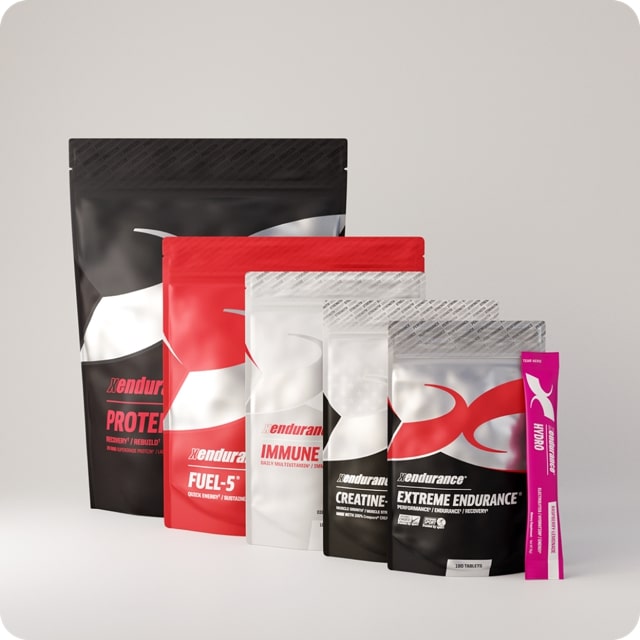
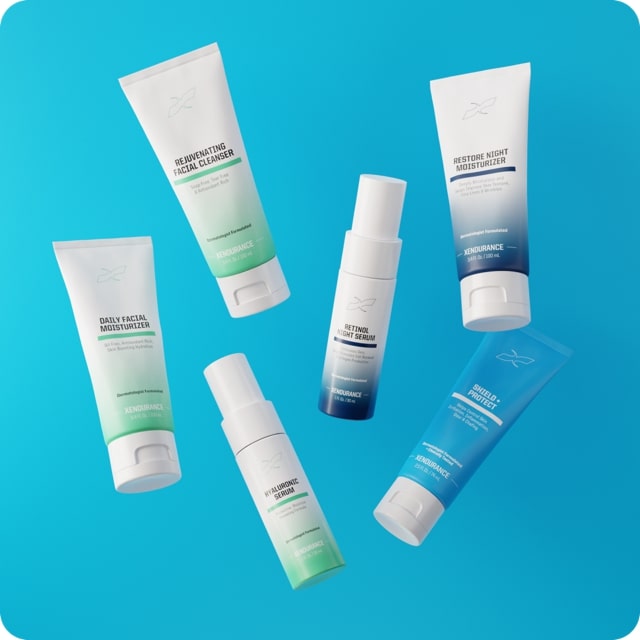
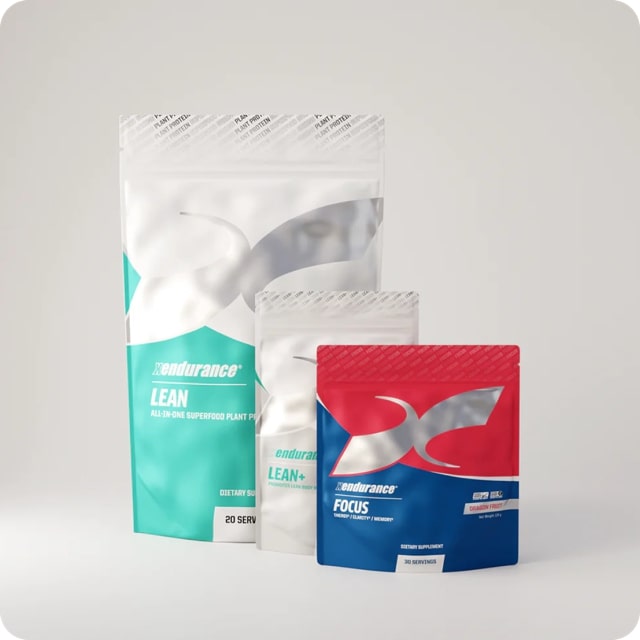
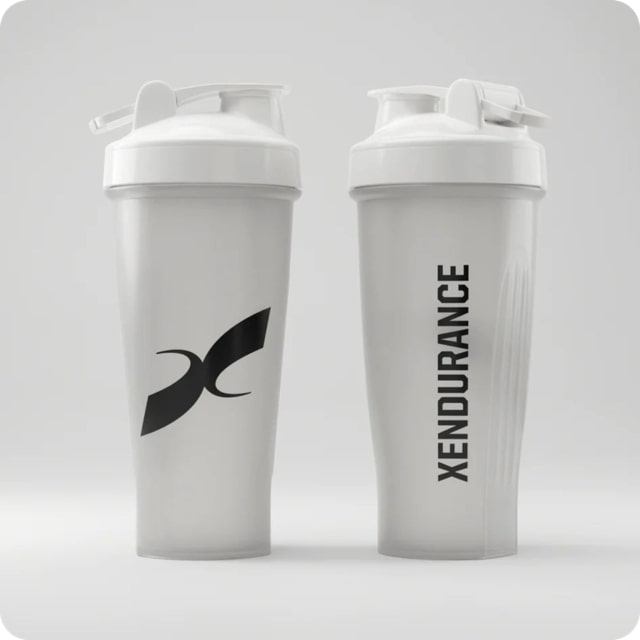
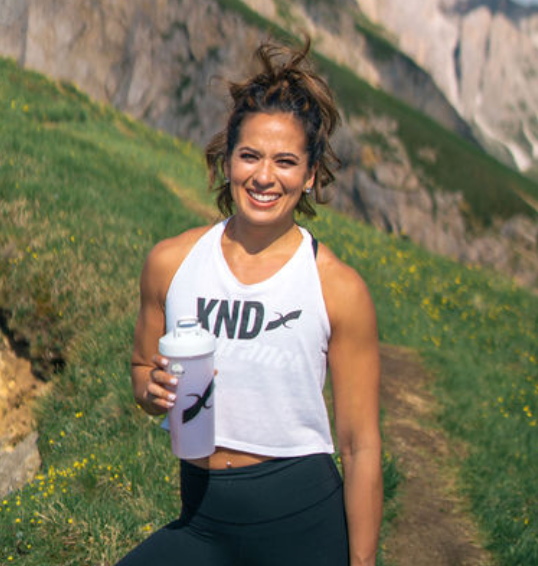


Leave a comment
This site is protected by hCaptcha and the hCaptcha Privacy Policy and Terms of Service apply.